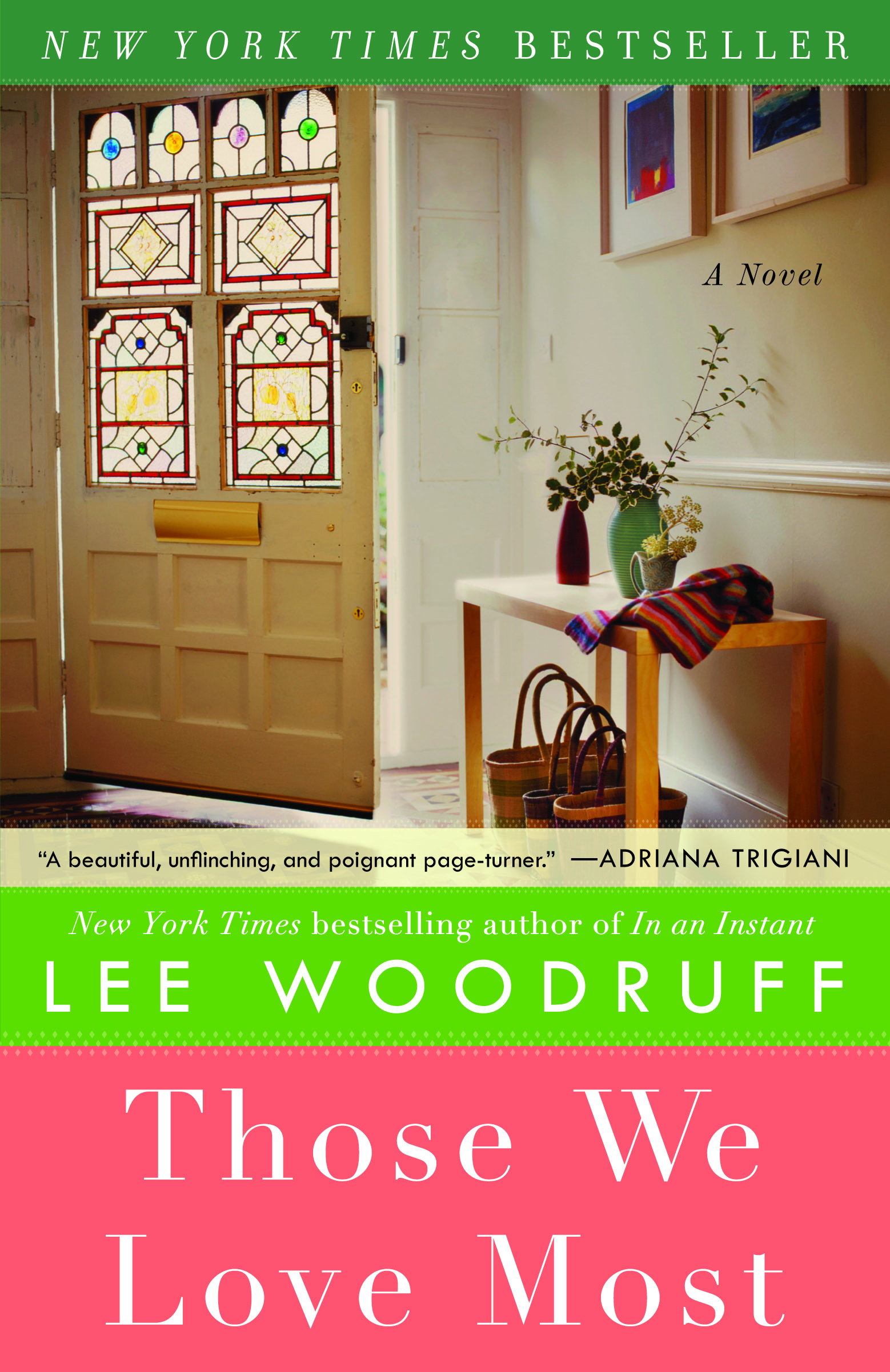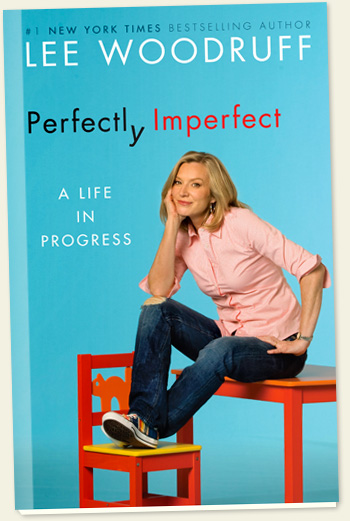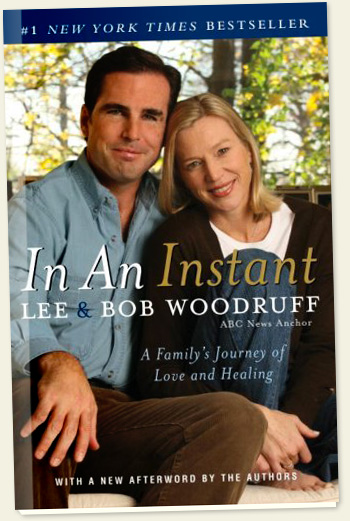My father’s face brightened as the yellow whaler pulled up to the dock with my 14 year-old nephew at the helm. “That…was… my… boat,” he choked out a full sentence as the mental connections attached and sputtered, like wires in a flashlight, illuminating the memory.
It was the boat my father had hopped on for years to escape the confines of the shore. He’d taken us all for rides, including his nine grandchildren, especially when their tired mothers needed a break. At the wheel of any vessel, out on the blue green waters of the lake, my father always found peace.
This is likely the last summer my Dad will be able to come to the mountains, his favorite place in the world. Dementia or Alzheimer’s or whatever corrodes his mind in a slow erasure is scrambling the circuitry. The predictable routine he endures at his assisted living facility in Boston is lost here at the lake. There are wide open spaces and wooded paths, vast stretches of time with inactivity, then the sudden flurry of all of us around, conversations swirling like individual eddies that confuse and capsize his cognition. “All this noise,” he says, looking up at me helplessly. The frustration and anger, the weepiness of past summers has mostly passed. In those moments it was painful to watch him, like a drowning victim, capsized by the fear of his mortality. My father is childlike now, a simple man.
Disease, we call it. And it is a “dis” ease, an uneasiness among us all at bearing witness to this gradual loss, this diminishment. He can no longer communicate beyond simple phrases. The hands that once dug in dirt and were callused from chores, are soft now like a babies. His limbs and extremities are roped with veins that break easily and form angry bruises just under his paper-thin skin. In the absence of fluid language, his arms swoop through the air like a conductor, fingers flitting a secret sign language, in an attempt to express himself. His wide, eager smile breaks my heart.
My children are the fifth generation to return to this lake each summer. And it is inconceivable to me that my father has been asking to “go home” to the assisted living facility. But this IS your home, I think, the home of your heart. This is the your “sacred” place, the spot where you found joy and sanctuary. Remember when we’d spy the first sliver of lake and burst into song as the station wagon crested over Tongue Mountain? Can’t you feel your roots in this land? I want to ask him. But he would only look perplexed at such a probing, complex question.

We three sisters know the family generational lore by heart. Our nook on the lake is where I was conceived, where my father, hiking alone the year before he met my mother, almost slipped and plunged to death while climbing a rocky cliff. “If it weren’t for a lone root on that sheer rock, none of you three would be here,” he’d remark solemnly during our annual pilgrimage to that spot by boat.
There is nothing at all easy or comforting about being around my father now. So many of my friends and contemporaries are traveling in this middle place, the valley of mid-life, with aging parents. We are all at various stops aboard the orphan train. The details may be different; Alzheimer’s, stroke, cancer, a sudden fall, but the broad-brush strokes are the same. Losing a parent is tough, primal stuff. You only think you are prepared.
“Don’t ever let me go into a nursing home,” my Dad said repeatedly when he would return from visiting his own mother in an almost vegetative state. “That’s not living. Just take me out back and shoot me,” he’d exclaim with a pained expression.
Humans were built for survival. We are wired to desire just one more day with the people we love. We are war-like creatures, spoiling for a fight against death. But at what point can we truly recognize that the scales have tipped, that there are now more bad days, more days of pain or confusion or difficulty than the good ones?
This is heavy stuff, you say. You bet it is, and so let’s tiptoe away to another thought for a moment. This is what I really want to know. In the end, if you are scared and addled or in pain, does a life well lived mean anything? Do all of those precious memories, the summer afternoons where you held your grandbabies high over your head on the bright beach, the mornings you woke your young daughters at dawn to fish, the walks down the aisle with each girl, the boat rides with the wind in your hair… does any of that count for us at the end? I hope to God it does. I hope that it brings comfort and calm and a sense of purpose in some small measure.
My father sits next to me as I write this, staring out at the lake in which he’ll no longer fish or swim or captain his boat. I hope that, like muscle memory, those images of a life well lived, of happier moments, are playing in his head like an old time movie, reminding him that even though this hurts like hell, he is loved.
Note: I wrote this piece last summer and the seasonal timing didn’t work out to publish it until this year. I had also wanted to see if Dad would return this summer, giving me a happy reason to revise this post. Sadly, 2012 was the first year of my life that my father didn’t come to the lake. And he was missed.
 April 10, 2013
April 10, 2013  2 Comments
2 Comments 


 This blog was published in Martha Stewart Living Magazine, April 2013, pg. 170
This blog was published in Martha Stewart Living Magazine, April 2013, pg. 170








